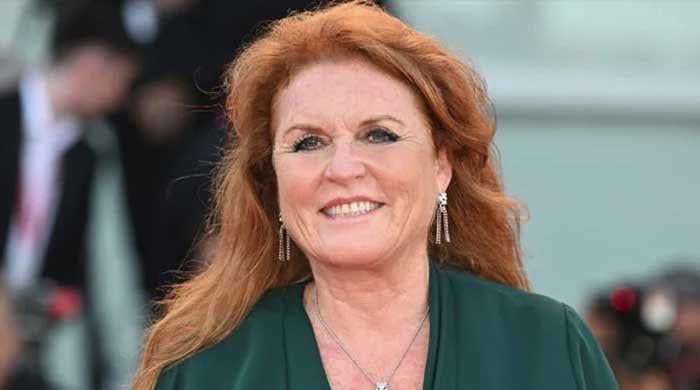Sarah Ferguson has gone silent on Instagram since September 11 when she posted a tribute to the people who lost their lives in 9/11 attacks.
The…

Sarah Ferguson has gone silent on Instagram since September 11 when she posted a tribute to the people who lost their lives in 9/11 attacks.
The…